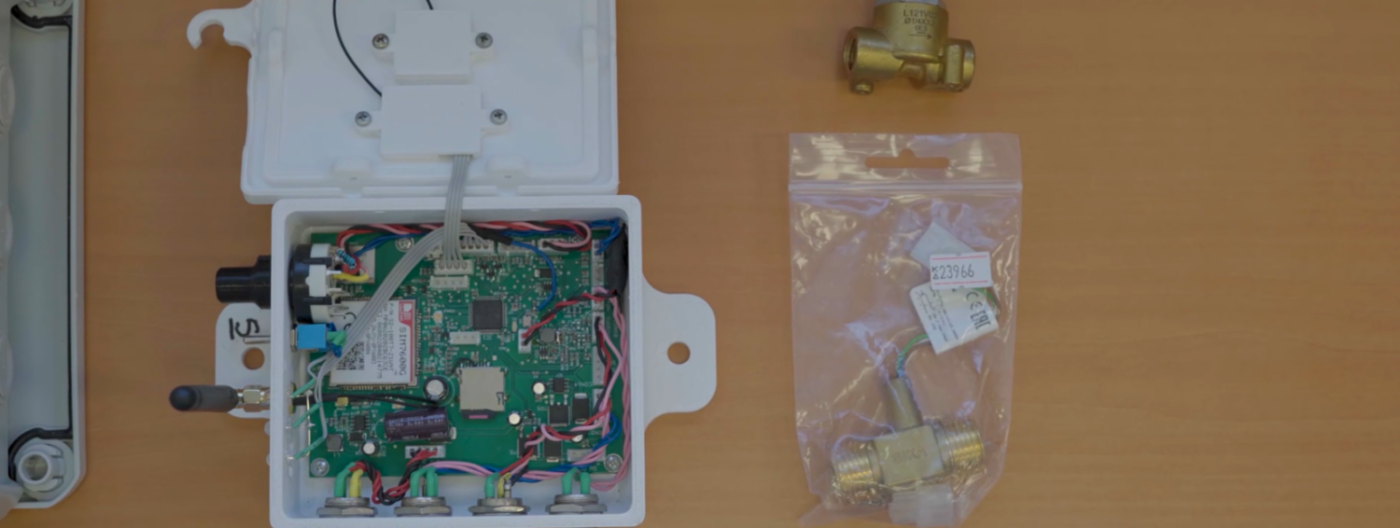The operational plan will be implemented in 4 experimental plots including approximately 20,000 trees, owned by producers-members of the Agricultural Cooperative of Stavies, located in the cooperative’s activity area. The qualified agronomist of the cooperative, under the supervision of ELGO-DIMITRA, will monitor the entire process of Bait Spraying and the overall implementation of the operational plan.

Operational plan
The following actions will be implemented in order to modernize the control of dacus and in particular the Bait Spray Method:
-
Preparation and planning of actions – Establishment of the pilot olive grove
The initial identification of the agricultural plots – pilot olive grove will be carried out, and the mapping of the application of bait spraying will be recorded. In collaboration with the supervising agronomist from ELGO-DIMITRA, a plan of agronomic (entomological) actions and a protocol for the management of the olive fruit fly will be developed. Based on these, the implementation of the operational plan will be carried out.
Deliverables:
- Selection of a pilot/demonstration field (map).
- Plan of agricultural actions – protocol for the management of the olive fruit fly.
-
Automation of the Pheromone-Based Spraying (PBS) technique
Appropriate electronic equipment will be installed in the existing conventional spraying devices allowing, for the first time at an international level, control and adjustment of the sprayed quantity per tree, with full recording of the sprayed quantity, the tractor’s trajectory, and the spraying points in the olive grove. The data from pruning and spraying activities (tractor paths, sprayed quantity per tree, and spraying points) will be recorded and sent in real-time to a central information system.
Deliverables:
- Electromechanical designs and automatic sprayers
- Digital platform for data representation of olive fruit fly control
-
Application and evaluation of the innovative control of olive fruit fly
Through the information system, the relevant personnel and producers will be informed about the population of the pests (spatially and temporally) and also the amount of spraying in the olive groves. This will provide an open source of data and enable timely and accurate decision-making about olive fruit fly control. Additionally, chemical analyses of the olive oil will be able to highlight its excellent taste and quality characteristics without the presence of insecticides residues.
Deliverables:
- Data report on olive fruit fly populations and bait sprays (per year)
- Results of residues chemical analyses and quality characteristics of olive oil
-
Dissemination of results
The pilot olive grove of the Cooperative will be a demonstration and training model for other cooperatives or groups of producers in adopting modernization practices for sustainable olive tree cultivation, while the results will be disseminated through:
- Project brochure and website
- Workshops (2) on the Business Plan and its results along with the production of a promotional film
- Participation in a National and/or international Conference
- Field day – demonstration of automatic sprayers and digital platform
- Dissemination of the results in EAD and EIP-AGRI electronic bases.
-
Project Management
The project coordinator will be responsible for project management and coordination of the Operational Plan, financial and administrative management, as well as monitoring and evaluation of the project.
Deliverables:
- Application
- Application for Payment and Accountant’s Report
- Newsletter and progress report
Preparation and planning of actions – Installation of a pilot olive grove.
The initial identification of the agricultural plots – pilot olive grove will be carried out, and the mapping of the application zone for bait spraying will be recorded on a map. In collaboration with the supervising agronomist from ELGO-DIMITRA, a plan of agronomic (entomological) actions and a protocol for the management of the olive fruit fly will be developed. Based on these, the implementation of the operational plan will be carried out.
Παραδοτέα:
- Selection of a pilot/demonstration field (map).
- Plan of agricultural actions – protocol for the management of the olive fruit fly.
Automation of the Pheromone-Based Spraying (PBS) technique.
Appropriate electronic equipment will be installed in the existing conventional spraying devices, allowing, for the first time at an international level, control and adjustment of the sprayed quantity per tree, with full recording of the sprayed quantity, the tractor’s trajectory, and the spraying points in the olive grove. The data from pruning and spraying activities (tractor trajectory, sprayed quantity per tree, and spraying points) will be recorded and sent in real-time to a central information system.
Παραδοτέα:
- Electromechanical designs and automatic spraying systems will be implemented.
- Digital platform for data representation of pest control will be developed.
Application and evaluation of the innovative olive pest management approach will be implemented.
Through the information system.Through the information system, the relevant personnel and producers will be informed about the population dynamics of the pests (spatially and temporally) and the coverage of the olive groves in terms of spraying. This will provide transparency and enable timely and accurate decision-making. Additionally, chemical analyses of the olive oil will be conducted to highlight its excellent taste and quality characteristics without the presence of residues.
Παραδοτέα:
- Data report on hawker populations, hawker arrests and DW (per year)
- Results of residue analyzes and quality characteristics of olive oil
Communication of results
The Stavion pilot olive grove will serve as a demonstration and training model for other cooperatives or groups of producers in adopting modernization practices for sustainable and sustainable olive cultivation, while the results will be disseminated through:
- Project brochure and website
- Days (2) of information on the Business Plan and its results with the production of a promotional film
- Participation in a National and/or international Conference
- Field day – demonstration of automatic sprayers and digital platform
- Communication of the results in EAD and EIP-AGRI electronic bases.
Project Management
The project coordinator will be responsible for project management and coordination of the Operational Plan, financial and administrative management, as well as monitoring and evaluation of the project.
Παραδοτέα:
- Support Application,
- Payment Application and Chartered Accountant’s Report
- Newsletter and progress report
